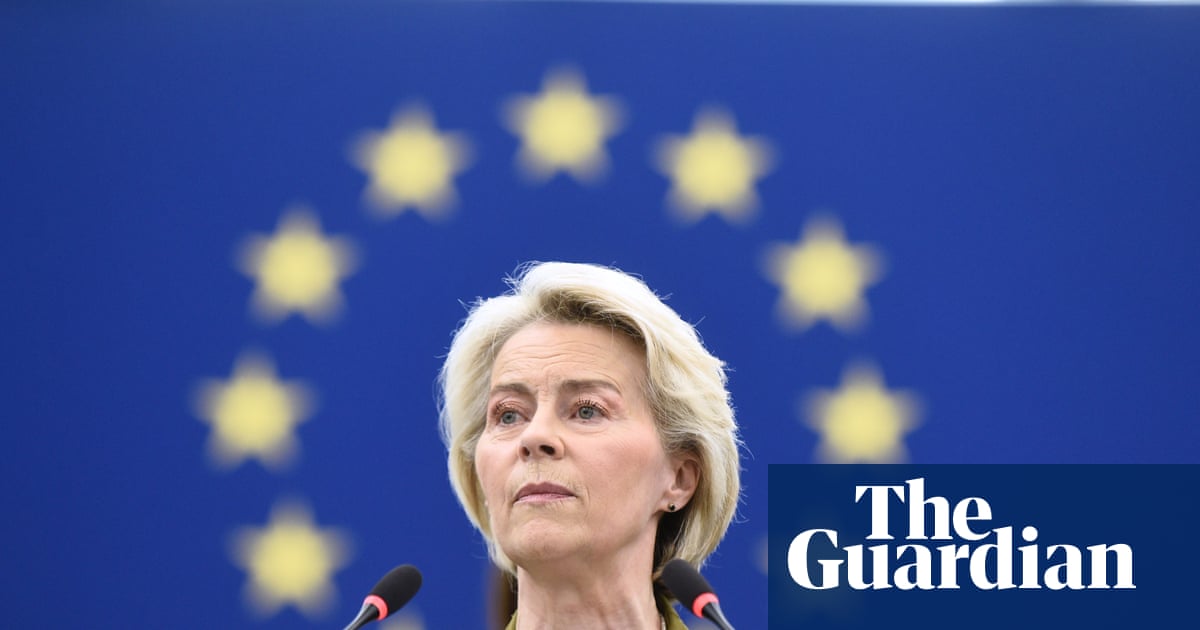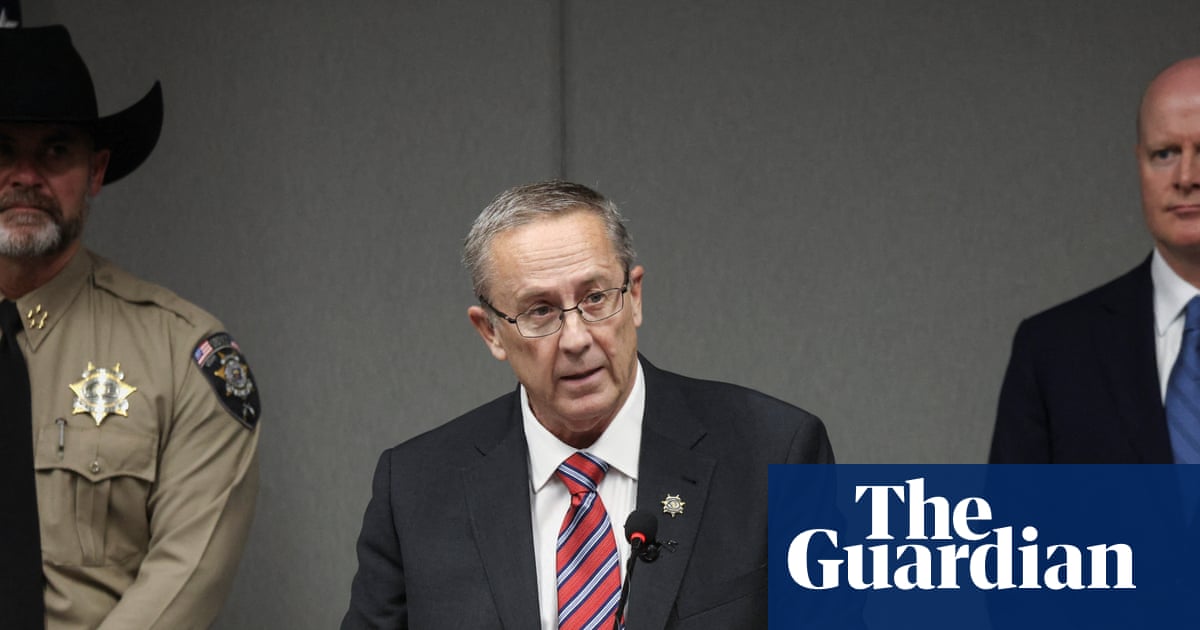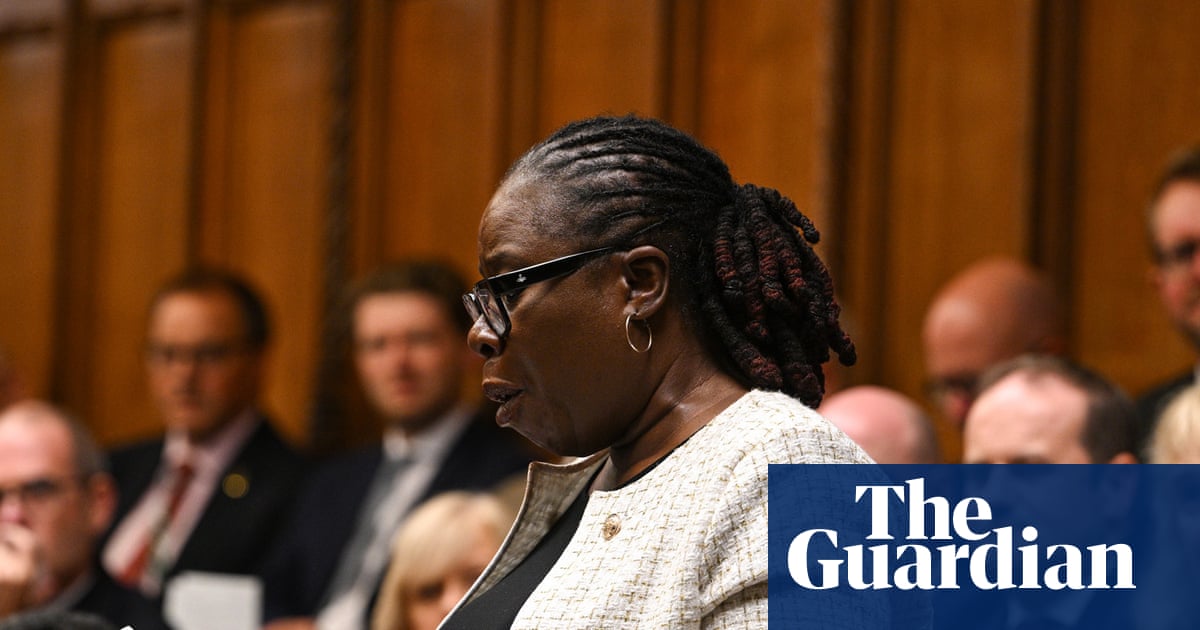Bosses in the UK’s services sector were more optimistic last month than they had been since before Rachel Reeves’ debut budget, according to new data, as they began to see beyond the uncertainty sparked by Donald Trump’s tariff war.
A survey of business leaders showed many were looking forward to improved sales and investment over the next six months, despite an increase in US import tariffs to their highest level since the 1930s.
The S&P Global purchasing managers’ index (PMI) rose from April’s 27-month low of 49.0 to 50.9, when a figure above 50 indicates a period of expansion.
Services companies have been unaffected directly by tariffs imposed by the White House, which have so far been levied on goods such as steel and cars. But they have suffered from the dampened effect on global consumer and business confidence.
Tim Moore, economics director at S&P Global, said the services sector, which represents about three-quarters of the UK’s business activity, had “regained its poise” in May after “improving confidence among clients and fewer reports of tariff concerns”.
He added: “Optimism reached its highest level since October 2024, which reflected forthcoming business investment plans alongside hopes of a turnaround in sales pipelines and improving domestic economic prospects.”
Optimism among UK businesses fell in the wake of the chancellor’s first budget in late October, which included increased taxes on UK companies.
Some analysts said the survey showed the UK business sector had proved to be stronger than many forecasters predicted.
Official figures showed the economy expanded by 0.7% in the first three months of the year.
Rob Wood, chief UK economist at the consultancy Pantheon Macroeconomics, said: “UK growth has passed the worst as President Trump walking back his more ruinous tariffs cuts the panic that took hold in April.”
He accused the Bank of England of being too pessimistic about the resilience of the UK economy after the PMI and other survey data showed “the domestic economy is likely expanding steadily, if unspectacularly”.
The index was higher than a first estimate reading last month that showed the services sector had recovered, but only to 50.2.
after newsletter promotion
Mark Swannell, chief economic adviser to the EY Item Club, said the higher services PMI and a weaker recession in manufacturing pushed the composite PMI, which brings together responses from manufacturing and services businesses, into positive territory for the first time since March.
Moore said the aftermath of the tariff shock in April was still taking a toll on sales and employment in May, with firms reacting to lower orders by continuing to lay off staff.
He said: “Prevailing demand conditions remained challenging in May, as signalled by a sustained reduction in total new orders across the service economy. Survey respondents mostly cited cuts to discretionary business and consumer spending.”
Moore added: “Reduced workloads and pressure on margins from increased payroll costs meant that headcounts remained under close scrutiny. Aside from the pandemic, the current eight-month period of falling employment numbers is the longest streak since 2008-10.”
Reeves will expect her pledges to increase investment in road and rail projects across the regions, which she announced on Wednesday, to further boost private sector optimism and business investment.

 3 months ago
87
3 months ago
87

















































